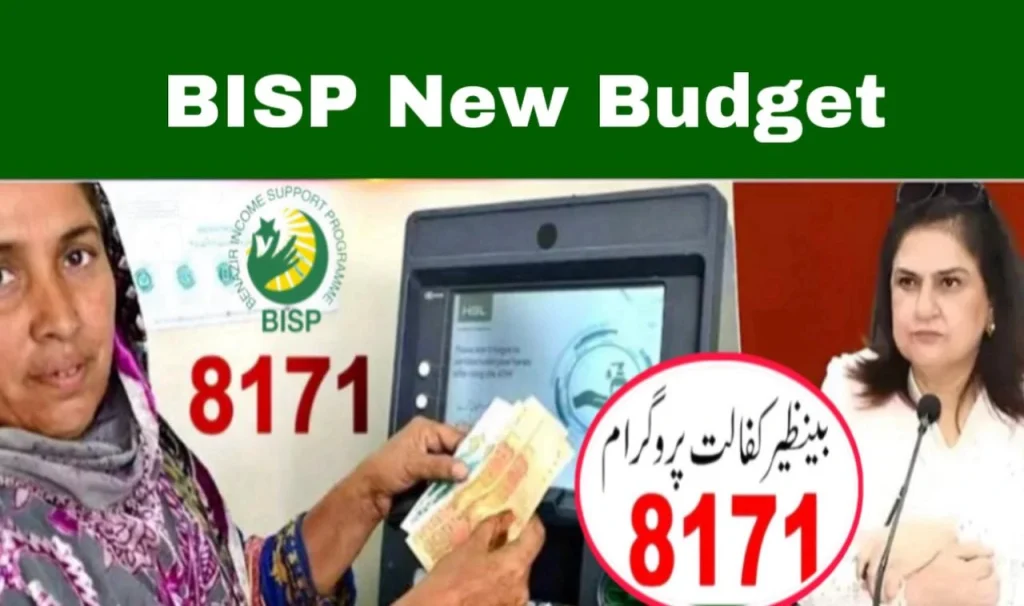In a bold move to ease the pressure on low-income households, the Government of Pakistan has raised the Benazir Income Support Programme (BISP) budget by more than 20% for the financial year 2025–26. The new allocation now stands at Rs. 716 billion—up from Rs. 592.5 billion last year. This historic increase is seen as a lifeline for millions of struggling families trying to cope with inflation and rising living costs.
For many Pakistani families living hand-to-mouth, this raise is more than just numbers on paper—it’s a critical promise of hope, stability, and survival.
More Money for Families, When They Need It Most
With this increase, beneficiaries of BISP can expect to see a bump in their quarterly stipends. The expected hike will raise payments from Rs. 13,500 to Rs. 14,500 per quarter. While this might seem like a modest rise, for families facing skyrocketing utility bills and food prices, every rupee counts.
Even more important, this year’s BISP includes a new mechanism: payments will now be linked to inflation. That means as the cost of living rises, the amount families receive is likely to increase too. This adjustment is designed to keep the support relevant and impactful, ensuring that people don’t fall further behind as the economy shifts.
Digital Payments for Transparency and Ease
Another significant development in the 2025–26 budget is the continued push for digital payments. More families will now receive their stipends directly through bank accounts. This move is intended to cut down on corruption, ensure faster transactions, and give recipients more control over their funds.
With digital banking gaining ground in Pakistan, this shift could help unbanked populations become part of the formal financial system—an added long-term benefit that goes beyond just receiving aid.
Also Read: Free 3 Marla Plot Scheme June 2025 – Apply Online Today in Punjab
10 Million Families Will Still Be Supported
Despite changes in the program, BISP will continue to support around 10 million families. That’s nearly one in every five households in Pakistan. For many of these families, BISP is the only reliable source of income. It covers essential needs like food, school supplies, and even medicines in times of crisis.
It’s also worth noting that the program isn’t just handing out money. It includes conditional cash transfers (CCTs) that reward families for sending their kids to school or attending health checkups. This approach not only provides short-term relief but also invests in a better future for the next generation.
Beyond Money: Building Stability and Self-Reliance
While cash is at the center of BISP, the program also continues to strengthen Pakistan’s social safety net. It includes support for child nutrition, health care, and girls’ education. The National Socio-Economic Registry (NSER) is being updated regularly to ensure that only the truly deserving are enrolled—and that no one in need is left out.
This multi-layered approach reflects a deeper understanding: poverty is not just about income. It’s also about access—to education, healthcare, and opportunities. BISP’s expansion shows a shift toward tackling the root causes of poverty, not just its symptoms.
Conclusion
The 20% increase in the BISP budget is more than just a fiscal adjustment. It is a strategic investment in Pakistan’s people. In a time of global economic uncertainty, this move provides reassurance to millions of vulnerable families. By raising stipends, linking them to inflation, expanding digital access, and supporting essential services like health and education, the government is signaling its intention to stand by its people.
Families that depend on BISP are not just numbers—they are parents putting food on the table, children staying in school, and communities striving for a better tomorrow. And this budget just brought that tomorrow one step closer.
